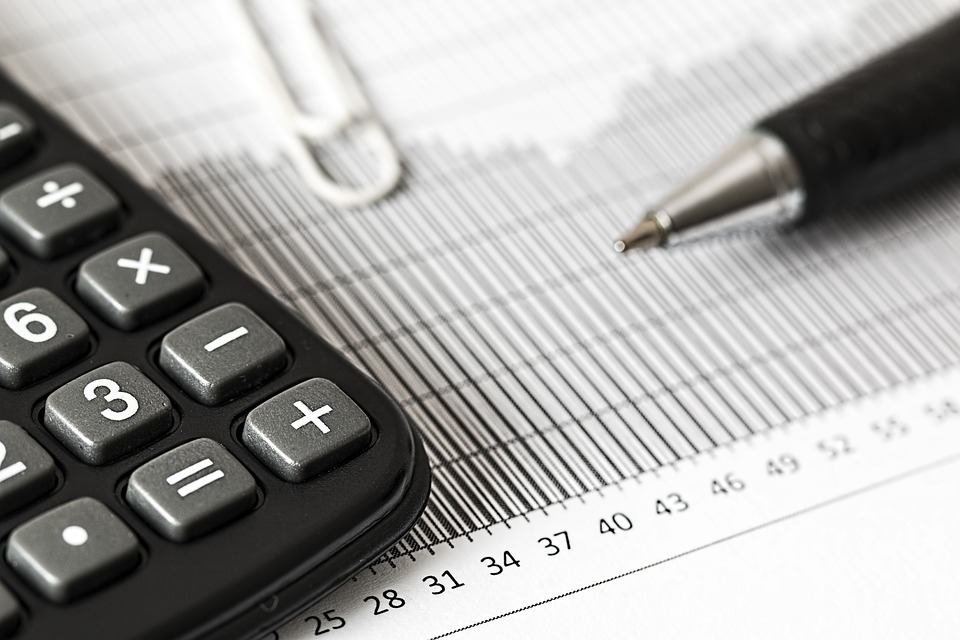Filing for bankruptcy in New York is a complicated and tough decision. Many people see bankruptcy as a failure, but in reality, bankruptcy provides certain benefits for your financial situation. After all, individual bankruptcy was created to be a way to resolve the overwhelming financial debt, not make your financial situation worse. A Goshen NY bankruptcy lawyer can discuss many of the positive repercussions of bankruptcy. The benefits of bankruptcy often persuade New Yorkers that this is a viable option for a difficult financial situation.

Still, in many regards, the decision to file for bankruptcy isn’t made through gut feelings or understanding the benefits to your financial future. Bankruptcy in New York is often the last recourse for missed payments and unpaid debt. The decision to file for bankruptcy is also based on meeting the legal requirements to file under Chapter 7 or Chapter 13 of the federal Bankruptcy Code.
In an earlier post, we covered the things you need to know to file for Chapter 13 bankruptcy. This post outlined the eligibility requirements and procedural rules of filing for Chapter 13 bankruptcy. Now, we cover similar information for filing under Chapter 7.
Impact of the 2005 Changes to the Bankruptcy Code
Prior to 2005, Chapter 7 of the Bankruptcy Code was frequently and almost universally used for individual bankruptcy. Chapter 13 of the Code is a debt reorganization statute, which requires an individual debtor to reorganize his or her debt, and then pay off as much as possible over the course of three to five years.
Chapter 7 does not have the same requirements. Rather, under Chapter 7 a debtor could have all unsecured debts discharged through bankruptcy and start with a clean slate just months later. This fresh start and far shorter time period made Chapter 7 a more popular option in New York, and the Bankruptcy Code gave bankruptcy court judges in New York extensive authority to decide if this was the applicable type of bankruptcy for any given person. A Goshen NY bankruptcy lawyer rarely pushed for a Chapter 13 bankruptcy, and many people who did qualify for Chapter 13 bankruptcy still chose to discharge their debt.
Then changes to the Bankruptcy Code in 2005 made the requirements for Chapter 7 bankruptcy more rigid and formal. Through a Goshen NY bankruptcy lawyer and filings in the bankruptcy court, a debtor must provide evidence of meeting these requirements. Failure to meet the Chapter 7 eligibility standards means the bankruptcy court can convert the Chapter 7 bankruptcy into a Chapter 13 filing.
Ineligible for Chapter 7 Because of Income
Many debtors are prevented from filing for Chapter 7 bankruptcy because of their income. One of the strict changes to the Bankruptcy Code in 2005 was implementing and requiring the means test.
Under this test, the debtor or the debtor’s Goshen NY bankruptcy lawyer must make a thorough accounting of the debtor’s income including hourly wages, salary, tips, child support, unemployment compensation, workers’ compensation, annuity payments, and stock dividends. Once the debtor’s total income is known, this amount is compared to the median income for the State of New York. If the debtor’s income exceeds New York’s median income, which is currently $62,909, then the debtor cannot file for Chapter 7 bankruptcy.

There is only one exception that allows a debtor to still file for Chapter 7 bankruptcy with an above median income. This is frequently referred to as the second part of the means test. In this second part of the test, your Goshen NY bankruptcy lawyer will determine whether you have any disposable income, which is the amount of income after monthly expense, to repay your debts. If you don’t have any disposable income to repay these amounts, a bankruptcy court can allow you to file for Chapter 7 bankruptcy.
Ineligible for Chapter 7 Bankruptcy Because of Earlier Bankruptcy
Another restriction on eligibility for Chapter 7 bankruptcy is the discharge of a previous bankruptcy. An individual is prevented from filing for Chapter 7 bankruptcy within eight years of an earlier Chapter 7 bankruptcy or within six years of an earlier Chapter 13 bankruptcy. It is important to note, particularly for someone who previously filed for Chapter 13 bankruptcy that the timeframe prohibiting a subsequent Chapter 7 bankruptcy begins to run from the date you filed for bankruptcy, not from the date it was discharged by the court.
It’s also possible that someone filed for an earlier bankruptcy that was dismissed, not discharged. When a bankruptcy case is dismissed it means the court refused to appoint a trustee or allow the debtor through the bankruptcy process. A Goshen NY bankruptcy lawyer can further assess the reasons for an earlier dismissal.
The Bankruptcy Code prohibits anyone from filing for Chapter 7 bankruptcy within 180 days of an earlier bankruptcy dismissal when the dismissal was caused by one of three reasons. Either the debtor violated a court order, committed fraud in filing for the earlier bankruptcy, or the debtor requested the dismissal because a creditor asked to remove the automatic stay. In other instances, an earlier bankruptcy ending in dismissal doesn’t impact a subsequent filing.
Hiring a Chapter 7 Bankruptcy Lawyer

If you are stuck assessing the eligibility requirements of Chapter 7 bankruptcy or uncertain which type of bankruptcy is appropriate for your financial situation, a Goshen NY bankruptcy lawyer can help. At Simon Haysom, LLC, our practice is dedicated to bankruptcy and foreclosure law in New York, and we’ve been providing bankruptcy advice for over 25 years. Learn more about our practice or schedule a free consultation when you call (845) 294-3596.
CONTACT US NOW
Get Your Free Consultation
Areas Served
Simon Haysom is proud to serve the following communities:
